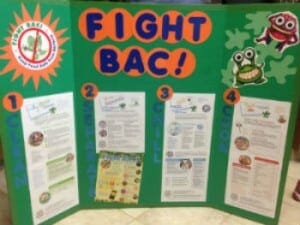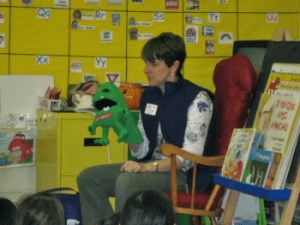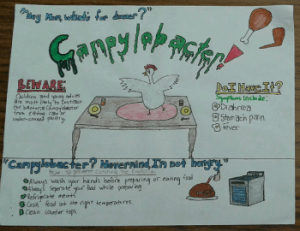Sacramento County Program Volunteers Spread Safe Preservation Knowledge
Home food preservation techniques like canning, freezing, and drying are growing in popularity. As more people practice these home techniques, they need to learn a specific set of food safety skills to reduce the risk of food poisoning.
That’s where Wendy Rose and the other volunteers for Sacramento County’s Master Food Preservers Program come in. Master Food Preservers of Sacramento County is a volunteer program of the University of California Cooperative Extension (UCCE). The group serves up information about home food preservation and food safety to many eager learners.
The volunteers get out into the community monthly to demonstrate research-based methods for preserving food safely at home to prevent foodborne illness. They’re seen at farmers’ markets, festivals, and other county events, reaching people with the food safety techniques they need to be Master Food Preservers.
Wendy has recently used Fight BAC!® materials like our 10 Least Wanted Pathogens Poster and the 4 Core Food Safety Fact sheets! She plans to send the display pictured above to more community events this summer.
We’re so happy to be included in this group’s outreach activities on home food preservation! Thank you Sacramento County for helping people preserve their food (and their health) by sharing these techniques!
Visit the group’s Facebook page to show your support!





